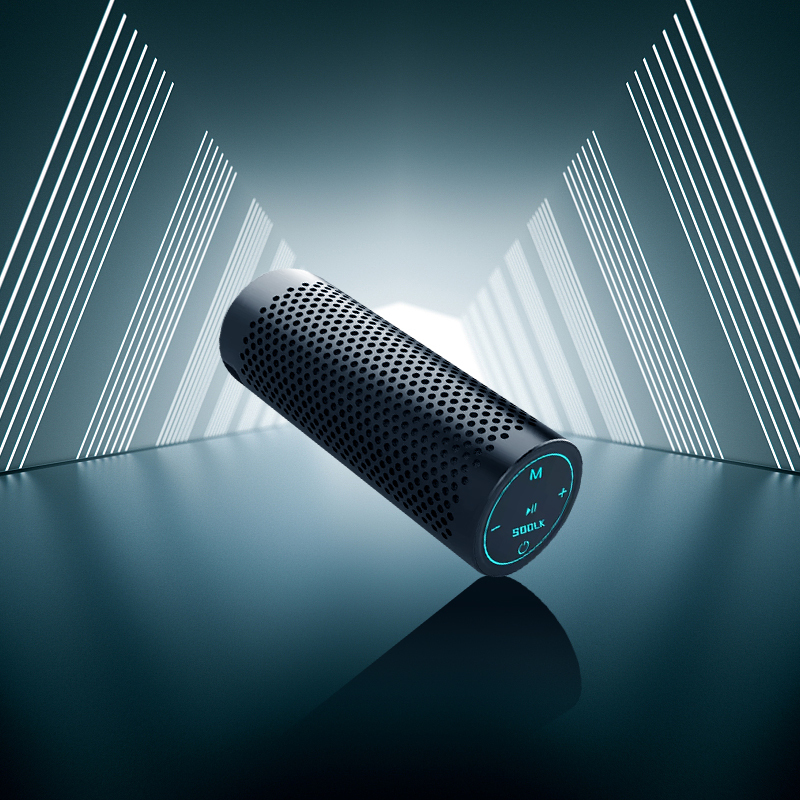Loudspeakers for travel and outdoor activities from LOUDHOP's blog
Subwoofers are anything that happens at the low end of the bass spectrum. The exact definition of subwoofer often varies according to the person you ask, but it is generally considered to be any frequency below 60hz-80hz, up to 20Hz, which is the lowest frequency that can be heard by the human ear. In context, the lowest note of a bass guitar is about 41 Hz, while the lowest note of a piano is about 27.5 Hz.
Subwoofer frequencies usually feel more than you hear, but that doesn't mean you can ignore what's happening below. It is in this range that most synthetic bass lines have their fundamental frequency (usually about 40hz-80hz). The sub frequency also defines the strength and weight of the track - too little or too much mixing will make people feel weak and underpowered, and too many words will soon be exaggerated and overwhelming.
Over the years, portable Bluetooth speakers have become more and more important in dance music, because these are electronic music types, mainly designed to be heard on a powerful club system, bringing these frequencies to the forefront. As early as the 1990s, jungle and drum bass producers used the sinusoidal waveform "test sound" played by Akai s series samplers on the low octave range to create a subwoofer. In hip-hop music production, the sampling and tonal version of 808 kicks has become a very common method for creating powerful, sub-focused bass lines.
SODLK has recently been used in various walks in the forest for several months, and after using it as a speaker for listening to music while cooking or relaxing on the terrace for a while, it is time to draw some conclusions.
If I say this is the best portable Bluetooth speaker I've ever tried, I'm lying. However, I hardly realize that these brands do well in the $100 category and can definitely be called the best speakers in the same price range.

SODLK is an ipx5 certified portable Bluetooth speaker with compact size, which can produce strong sound with clear bass. It has a full range party speakers and two passive radiators using x-balance technology.
It combines the spacious halftime and similar dubbing effects, as well as the huge and deafening bass, designed for a powerful Club audio system. Although these pure sub-focused sounds may have decreased in the past decade, sub-frequencies are still an important part of dance music production. For example, modern science and technology create a dark and powerful sound by using the secondary blow and the low-end "rumble".
When it comes to using sub-elements, a key issue is how poorly they reproduce away from the club sound system. For example, the early jungle and DNB tracks we mentioned earlier seem to have completely lost the bass line when played on smaller speaker systems. Sometimes, this can be an advantage - think about the first time you hear great dance music at home, and then you hear it again at the club, and suddenly discover something new that you have never heard before.
This article comes from:https://www.loudhop.com/

The Wall